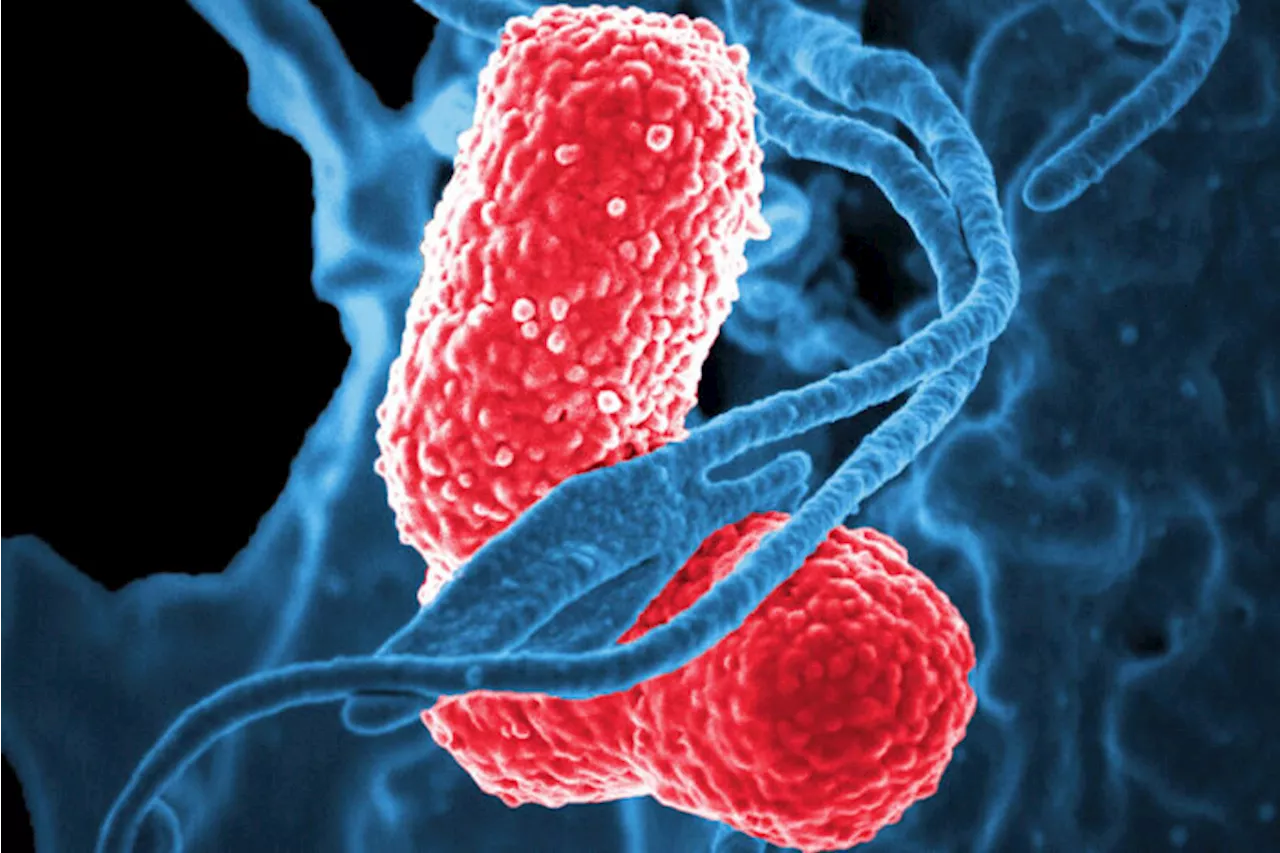Research suggests that cheese has a positive effect on heart, gut and cognitive health, and may protect against type 2 diabetes.
For years cheese has been demonised and we've been told to limit our intake — the thinking was that it contains large amounts of saturated fat, which is associated with an increased risk of heart attack and stroke.
Researchers in Japan analysed the diets of more than 1,500 over-65s - those who reported eating cheese regularly scored better in cognitive tests and had a lower risk of dementia, compared with those who didn't consume it at all. As James Goodwin, a professor in the physiology of ageing at Loughborough University, explains, these gut microbes stimulate the immune cells that send messages via nerves to the brain.
One group received this in the form of 120g of mature cheddar. Another in a combination of butter and reduced-fat cheddar while a third group was given it in the form of separate components that mimic cheese . 'There seems to be something special about the cheese matrix.' The theory that calcium reduces fat absorption was supported by a follow-up study led by Dr Feeney and published in the European Journal of Nutrition earlier this year.
'There's a theory that you get a lot of good things from cheese, such as beneficial microbes and nutrients, but also that maybe the cheese itself inhibits the uptake of its unhealthier elements,' he says. But while some experts are focused on the matrix of cheese, others suggest that one of the components, the saturated fat that comes from dairy, may in itself be beneficial and even protect against type 2 diabetes.
South Africa Latest News, South Africa Headlines
Similar News:You can also read news stories similar to this one that we have collected from other news sources.
 Implementation of routine opioid use disorder screening fails to significantly boost new diagnosis rates, finds researchIn a brief research report, authors from University of Washington report that screening for opioid use disorder (OUD) in a primary care setting did not significantly boost the percentage of new diagnoses.
Implementation of routine opioid use disorder screening fails to significantly boost new diagnosis rates, finds researchIn a brief research report, authors from University of Washington report that screening for opioid use disorder (OUD) in a primary care setting did not significantly boost the percentage of new diagnoses.
Read more »
 Research suggests AI will become a translator for patients after laryngectomyThe most common type of laryngectomy, i.e., surgical removal of advanced laryngeal cancer, changes the patient's voice dramatically and can be very disruptive to their normal life.
Research suggests AI will become a translator for patients after laryngectomyThe most common type of laryngectomy, i.e., surgical removal of advanced laryngeal cancer, changes the patient's voice dramatically and can be very disruptive to their normal life.
Read more »
 Food insecurity doubles rate of severe hypoglycemia in diabetic adults, research suggestsAdults living with diabetes who can't afford to put food on the table are at more than twice the risk of severe hypoglycemia.
Food insecurity doubles rate of severe hypoglycemia in diabetic adults, research suggestsAdults living with diabetes who can't afford to put food on the table are at more than twice the risk of severe hypoglycemia.
Read more »
 Research team maps antibiotic-resistant bacteria in GhanaSome strains of heavily antibiotic-resistant bacteria in Ghana are not successful at spreading outside of the hospital, suggesting that control measures can be focused on clinical settings to help curb treatment-resistant infections.
Research team maps antibiotic-resistant bacteria in GhanaSome strains of heavily antibiotic-resistant bacteria in Ghana are not successful at spreading outside of the hospital, suggesting that control measures can be focused on clinical settings to help curb treatment-resistant infections.
Read more »
 Research finds that millions of people suffer from 'severe pain' during periodsHealth charity Wellbeing of Women say symptoms are normalised far too often, and people should speak out more about the 'severe pain' they were facing.
Research finds that millions of people suffer from 'severe pain' during periodsHealth charity Wellbeing of Women say symptoms are normalised far too often, and people should speak out more about the 'severe pain' they were facing.
Read more »
 Merck to open £1bn London research centre with plea for government support of industryDrugmaker praises country’s scientific expertise but says it must address conflicts in areas such as drug pricing
Merck to open £1bn London research centre with plea for government support of industryDrugmaker praises country’s scientific expertise but says it must address conflicts in areas such as drug pricing
Read more »
